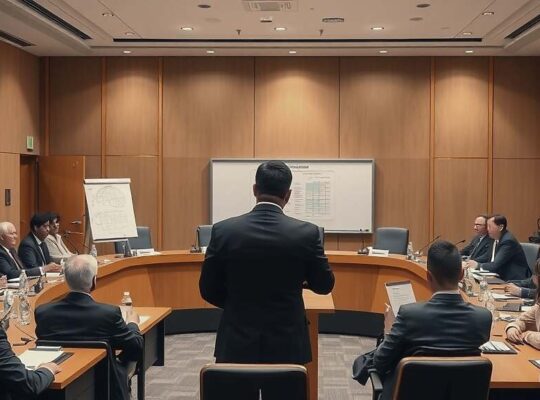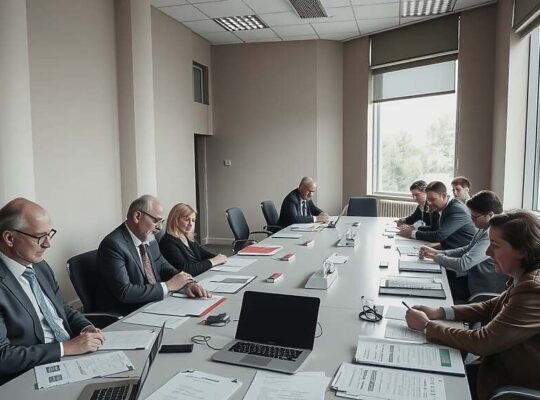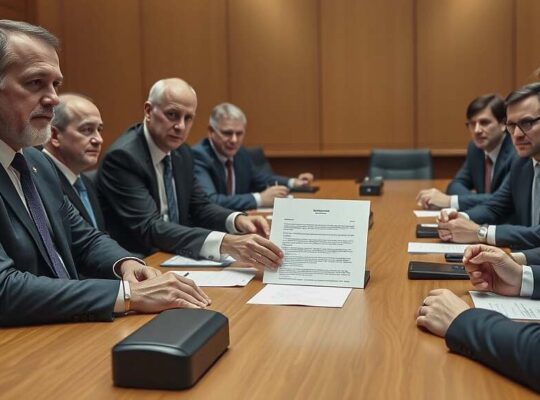Lufthansa’s CEO, Jens Ritter, has firmly rejected pilot union Vereinigung Cockpit’s demands for enhanced pension provisions amidst ongoing wage negotiations, while simultaneously proposing a compromise framework. In remarks to the Funke-Mediengruppe newspapers, Ritter emphasized the airline’s inability to accommodate further improvements to what he characterized as “already very good” occupational pension schemes. He asserted that any adjustments involving financial burdens for Lufthansa were “unresponsible” given the company’s ongoing financial recovery.
However, Ritter signaled a willingness to address crew concerns regarding the planned reduction of the short-haul fleet and the creation of more sustainable career prospects. He suggested Lufthansa could offer “concrete commitments” on these issues, contingent upon the union withdrawing its demands pertaining to pension and transition arrangements.
This conditional offer arrives despite Lufthansa’s core business currently being on track to achieve profitability this year. Ritter cautioned that a balanced ledger represented only an initial step towards the level of sustained financial health necessary to support crucial investments. He highlighted the need for an eight to ten percent profit margin to facilitate the renewal of the company’s fleet – a project requiring billions of euros – and ongoing expenditures, including renovations for Frankfurt and Munich lounges and a comprehensive digitalization program.
Ritter’s stance illustrates a potentially fraught power dynamic between management and labor. While acknowledging the improvements realized through the ongoing turnaround program – citing record operational performance, significant punctuality gains and increased customer and employee satisfaction – he underscored the underlying fragility of Lufthansa’s recovery. He maintained that the company’s attractiveness as an employer and the robustness of its pension system are already among the best globally.
However, he also pointed to the persistent burden of high operating costs within Germany, stressing a continued need for greater productivity and efficiency. This assertion subtly, yet pointedly, casts a shadow on the potential for broader concessions to labor, suggesting that the company’s financial stability and consequently employee welfare, remains inextricably linked to a continued drive for cost reduction and operational optimization. The implicit message is clear: future employee benefits are dependent on the successful navigation of these fiscal realities.












